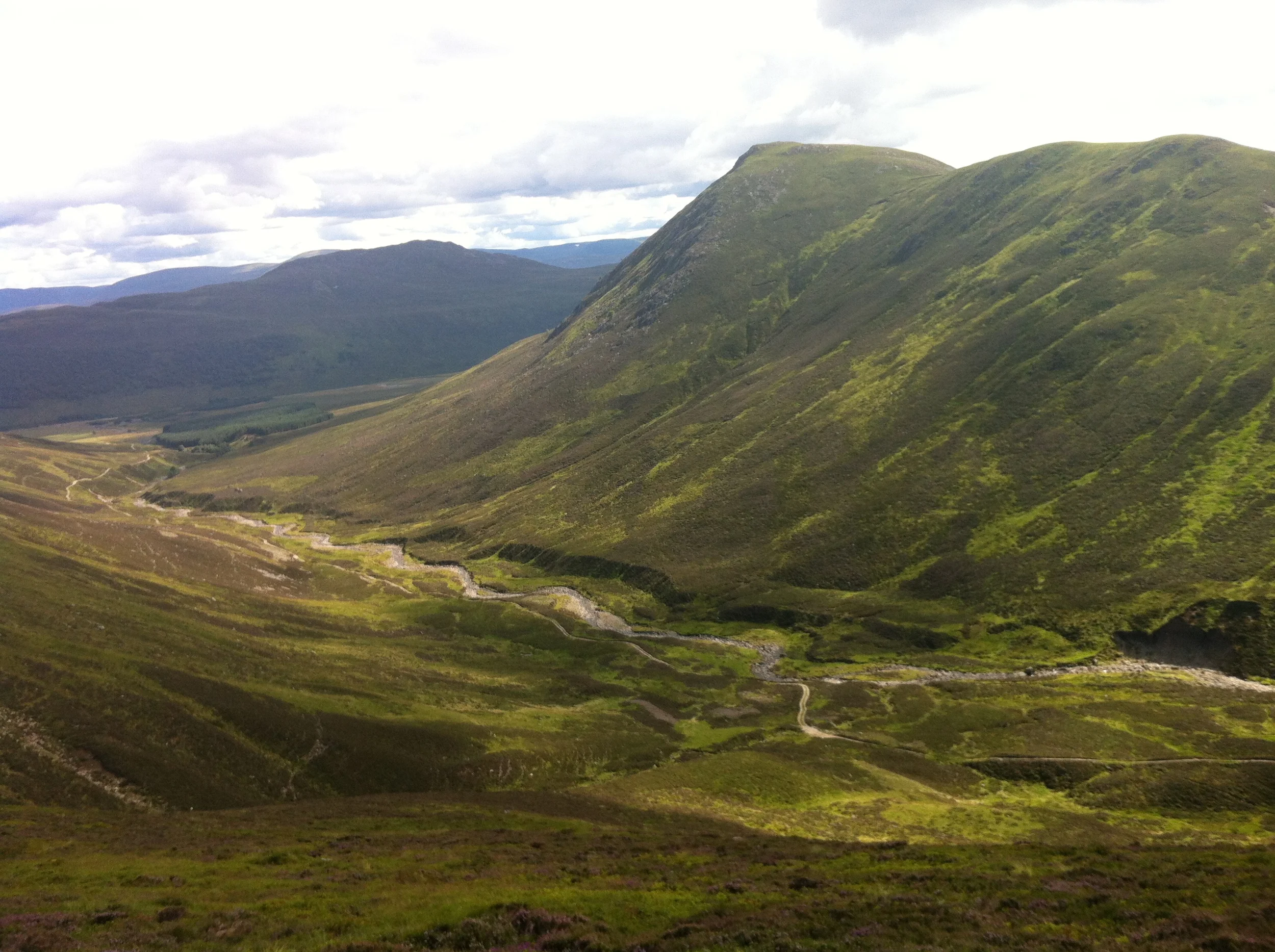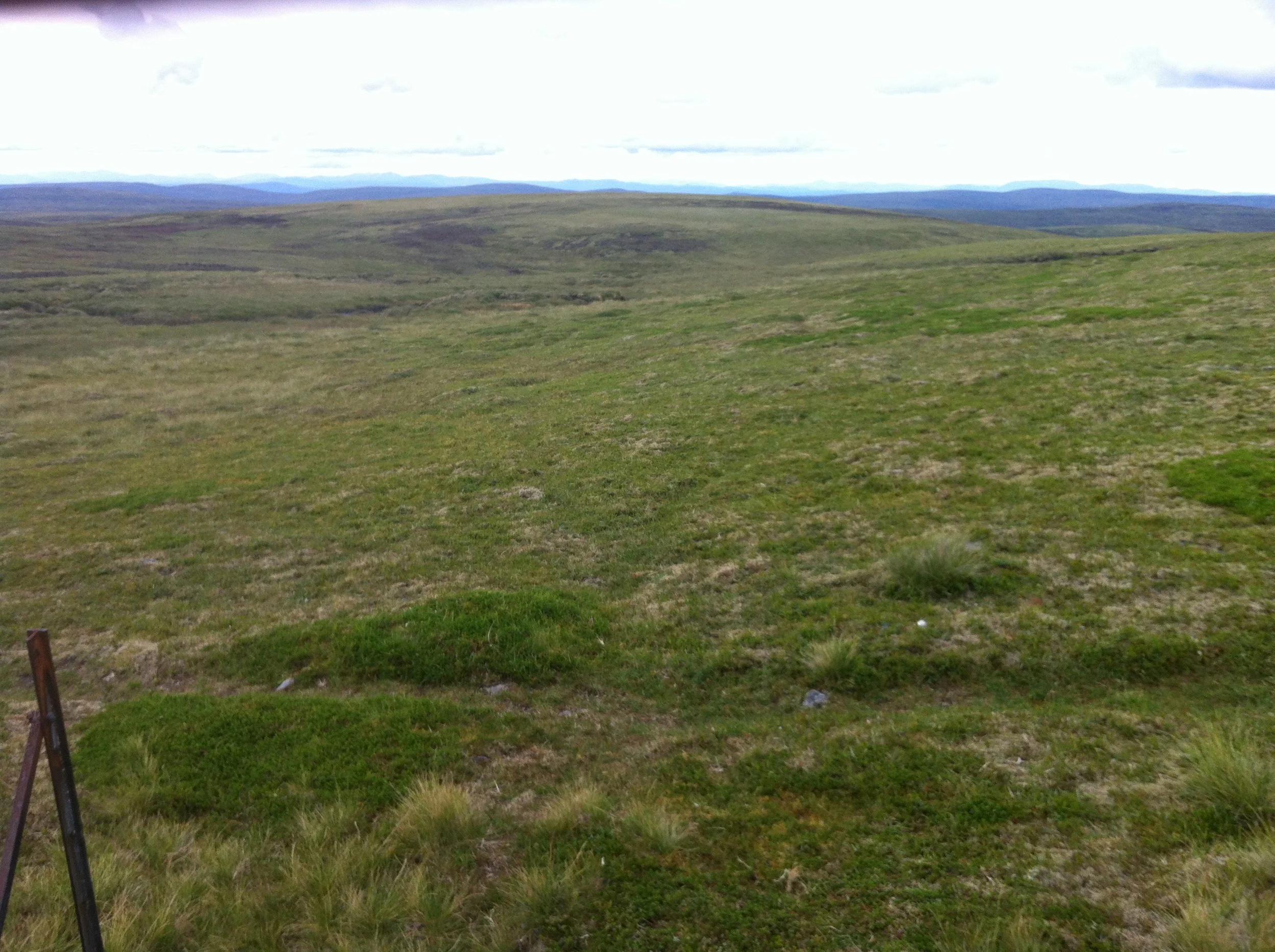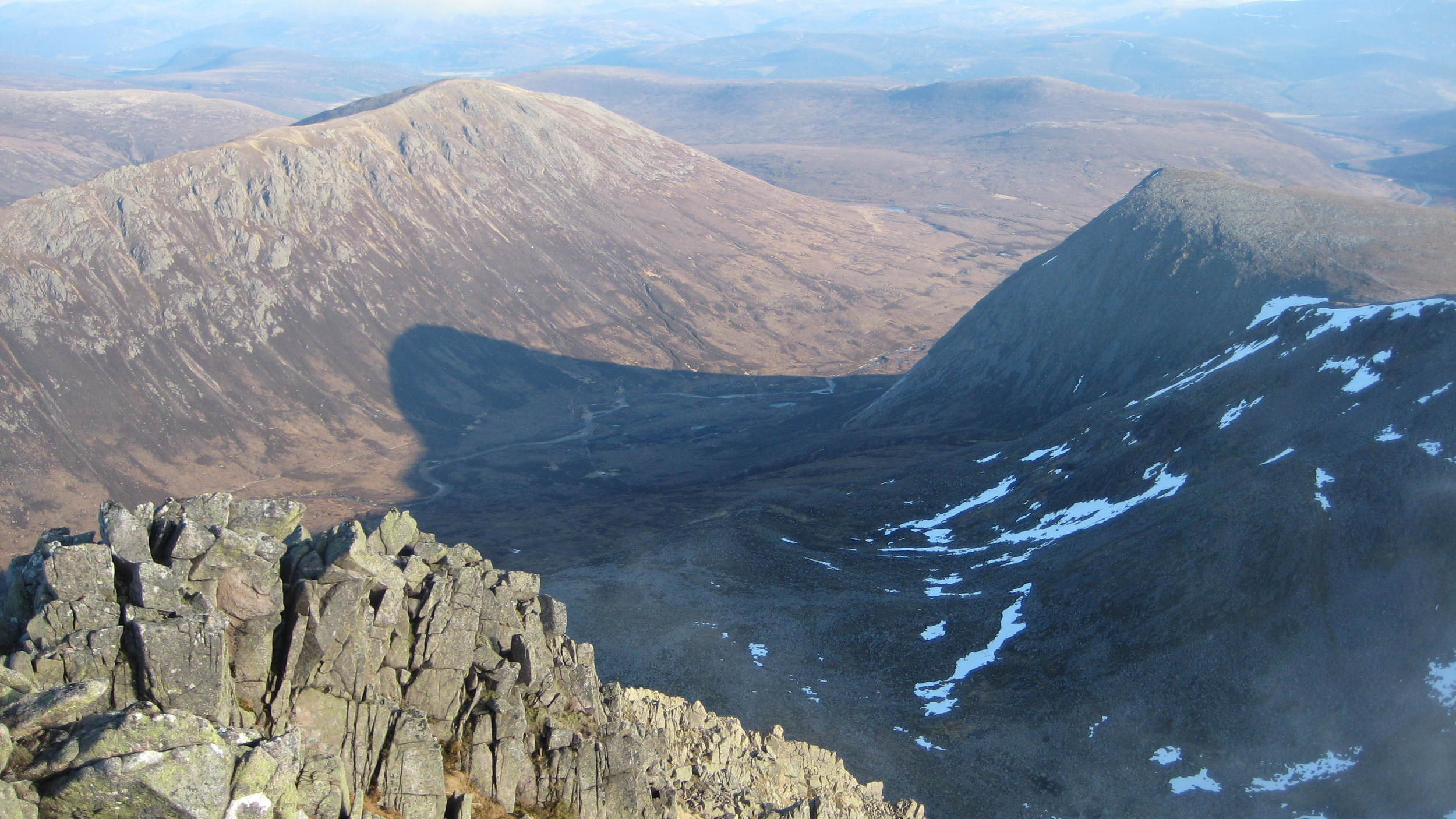I write this from the perspective of someone who loves Golf. I respect its history, am delighted its origins are Scottish, love that it is a game largely free from cheating and drug problems, and where the rules, and sportsmanship, are held so highly. You'll never see a golfer diving in the box.
I am also not anti-wealth. People with outstanding skills, at the top of their game, should be rewarded according to the market. The problem is when the market stops functioning, or has no relationship to the reality of the world around it.
Have you ever heard of Morten Madsen? Probably not. Well, he won 63 000 euros at the Portugal Open for coming joint 4th. He's earned over half a million euros in the last year, and he's currently 191st in the World Golf Rankings.
Not bad for a golfer you're unlikely to have heard of.
Like many golfers, he's probably sponsored. He'll wear branded clothing advertising golfing manufacturers, sun glasses, banks, finance companies, cars or holiday destinations, often simultaneosly. If he's good enough, he'll be paid just to turn up at an event with "appearance money."
Yesterday, I read that the Scottish Government has helped secure the future of the Scottish Open by giving it £1 million pounds of taxpayers money each year until 2020. Prize money for 2015 is £3 million, then it'll rise to £4 million by 2018.
Many will say that that this million pound investment is a good investment. The Scottish Open is a big event, people travel to it, they stay in hotels, they drink beer and then (presumably under the influence of the beer) buy bad jumpers and even more ridiculous trousers.The Scottish Open gives people an outlet to spend their money, which is good for the (service) economy.
I say that Golf can look after itself. There have been a lot of column inches about how the golf world has struggled since the Credit Crunch. As long as there is prize money of £3 million for a single (relatively small) event, there isn't a problem as far as I'm concerned. Something like The Open will have prize money in the region of £5.4 million. There are 51 events advertised on the European Tour website in 2014. The Sponsors include BMW, HSBC, Rolex, Aberdeen Asset Management. Strikes me that Golf might be struggling to increase the prize money at an above inflation rate, but if prize-money was cut by 10%, presumable poor old Morten would only have received 450 000 euros.It doesn't seem to me that professional golf is struggling. It seems to me that it can look after itself.
Others will say that if the Scottish Government hadn't stepped in, the European Tour would have threatened to remove the Scottish Open from the calendar. Here is the real problem. Whether it's banks or Insurance Companies or Sport, governments are threatened, almost blackmailed, by business. How many times have we heard, "You can't increase tax on those who earn over £150 000, or all the talent will leave the country." "If you don't subsidise this event, it'll not happen."
I say, let the Scottish Open leave if it threatens to leave. I think the tour would be poorer off without the event. If golf is struggling, then it shouldn't have to threaten to withdraw events; it should be grateful that the event is happening at all.
I think that tax payers money should be used to the benefit of the tax payer. Schools, hospitals, public services (maybe even the Arts!!)....all the things that we're being told that there just isn't the money for.
But there's enough money to boost the prize money for a golf tournament from £3 million to £4 million, right?










